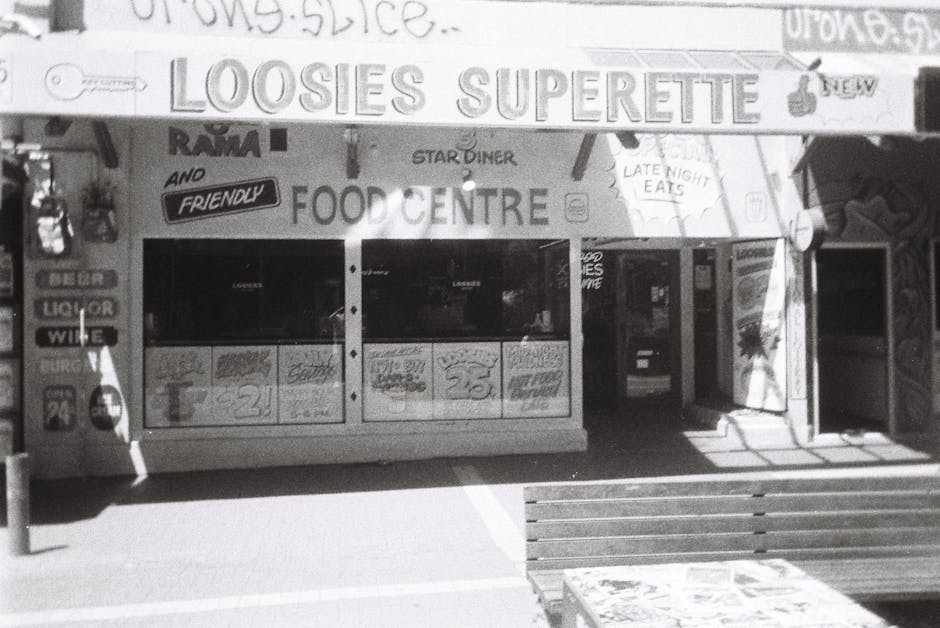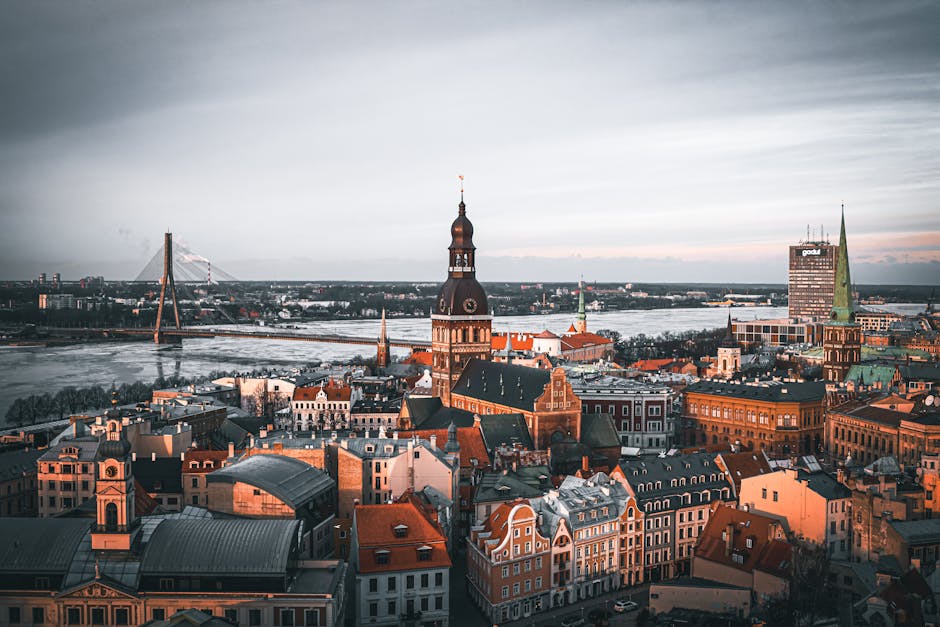Table of Contents
- The Google My Business Grind, It’s All About Location, Location, Location
- Website Woes and Why You Can’t Just “Build It And They Will Come”
- The Backlink Bazaar – Some Folks Still Think It’s 2005
- Some of the Big Boys in the Local NYC Game, They Know the Score
- Content that Clicks, Not Just for Kicks
- Don’t Chase the Shiny New Thing, Get the Basics Right
Right then, local SEO in New York City. You want to talk about it? I’ve been doing this game, kicking around this particular patch of digital dirt, for more than two decades, back when folks thought “optimization” meant turning off the modem so the phone could work.
It’s 2025. People still think they can just put up a website, toss in a few keywords, and watch the cash registers ring. Bless their hearts. Especially here, in this town. You ever tried to get a taxi during rush hour in Midtown? That’s about how easy it is to rank for anything decent in NYC without knowing what you’re doing. It ain’t for the faint of heart, I can tell you that for free.
Some bloke asked me the other day, “What’s the big secret to local SEO optimization in NYC?” He really thought I had some magic dust hidden away. My answer? There’s no secret. It’s graft. It’s grinding. It’s knowing the city, really knowing it. And knowing Google, which is a beast of a different color every Tuesday.
They call it hyper-local, don’t they? Sounds fancy. What it means is, if you’re a bagel shop on the Lower East Side, you’re not trying to get folks from Staten Island. You want the office workers, the residents, the tourists who just walked past your door. You want them finding you on their phone right now. You gotta be where they’re looking.
The Google My Business Grind, It’s All About Location, Location, Location
Seriously, it starts and probably ends with your Google My Business profile. It’s your shop window on the digital high street. If that thing isn’t dialled in, properly filled out, with good photos, accurate hours, and a clear description of what you do, you’re just not playing. It’s like trying to win the Grand National on a donkey. You might finish, but you ain’t winning.
You wouldn’t believe how many businesses get this wrong. They leave half the fields blank. Got a picture from 2008 when the owner still had hair. No hours listed for holidays. It’s an open invitation for folks to go elsewhere. In a city like this, there’s always an elsewhere, always another pizza joint, another dry cleaner, another everything.
It’s not just putting a pin on the map. It’s about making that pin sing, mate. You gotta verify it, that’s step one, proper job. Then you gotta feed it. Regular posts, answering reviews, keeping your services up to date. I mean, if you’re a barber in Astoria and you suddenly start offering dog grooming, people need to know.
And reviews, don’t even get me started. People trust reviews more than their own mum sometimes. Good ones, bad ones, they all matter. You gotta respond to ’em. Even the rubbish ones. A simple, polite “Sorry you had that experience, drop us a line and we’ll make it right” can turn a hater into a customer. Or at least stop ’em from telling everyone else how rotten you are.
Website Woes and Why You Can’t Just “Build It And They Will Come”
Some small business owner, right, calls me up, proper vexed. Says, “I spent a fortune on this website, got all the bells and whistles, and nobody’s finding me!” I take a look. Looks nice, I’ll give him that. But he’s got no local content. He’s talking about his services in a way that could apply to anywhere from, I don’t know, Dudley to Dubai.
You need to speak New York. If you’re a plumber in Brooklyn, you talk about burst pipes in Brownstone homes, not just “plumbing services.” You mention the neighbourhoods you serve. Flatbush, Williamsburg, Bushwick. Specificity. That’s what Google’s looking for. That’s what people are looking for. They ain’t looking for “plumber near me.” They’re looking for “plumber Flatbush” when their basement’s flooding at 3 AM.
Think about the user experience, too. Is your site slow as molasses in January? Mobile-friendly? Because everyone, and I mean everyone, is on their phone here. They’re walking down Broadway, trying to find a coffee shop. If your site takes too long to load, they’ve already walked past three other places. You’ve lost ’em. Gone.
We’re talking about site speed, mobile responsiveness, all that technical jiggery-pokery that most small business owners couldn’t care less about. But Google does. And if Google don’t like your site, then your customers ain’t even gonna see it. Simple as that, innit?
The Backlink Bazaar – Some Folks Still Think It’s 2005
Alright, so backlinks. Everyone still obsesses over them. And yeah, they still matter. But not just any old links. You can’t just go buy a thousand spammy links from some farm in Bangladesh and expect to rank. Google’s a lot smarter than that now. It’ll just ignore ’em, or worse, penalize you. And getting out of a penalty box, that’s a proper nightmare, believe me.
You want links from other local, relevant businesses. Think about it. If you’re a bakery, and the local coffee shop mentions you on their blog because you supply their pastries, that’s gold. If the local newspaper writes a story about your charity drive, even better. It’s about building a genuine presence in the community, not just on the web.
It’s tough. It requires actually talking to people, forming relationships. Which, for some of these online-only types, is like asking them to knit a sweater while riding a unicycle. But that’s the real world, you know? That’s how it works. And Google, for all its algorithms, is trying to mimic the real world.
Someone asked me the other day, “Is it true that if you don’t have a physical location in NYC, you can’t do local SEO optimization in NYC?” Well, yeah, mostly. Google’s pretty keen on that. You can’t just pretend to have an office in Tribeca if you’re actually running your whole operation out of a shed in Ohio. They’ll figure that out, eventually. It’s called geo-gating for a reason.
Some of the Big Boys in the Local NYC Game, They Know the Score
You know, there are some pretty sharp outfits out there that really get the local NYC landscape. They’ve got people on the ground, they understand the nuances of the boroughs, the different neighborhoods. It’s not just one big blob, this city. Each corner has its own vibe, its own lingo, its own clientele.
Thrive Internet Marketing Agency
These folks, they’ve been around. Got offices in a few spots, including New York. I’ve seen some of their work for clients here, and they understand the need for hyper-local content. They don’t just throw up a generic “NYC SEO” page; they’ll dig into what makes a particular neighborhood tick. They seem to get that it’s about connecting with the local community, not just keywords. It’s not easy, especially when you’re trying to rank for something like “best deli Midtown East.” It’s a proper scrap, that is.
BlueHat Marketing
Another firm that pops up when you’re talking New York local stuff. They’ve got a track record with some of the small-to-medium businesses around town. They focus on the whole nine yards: GMB, reviews, local citations, all the tedious bits that you have to get right. You can’t skip corners with this stuff, especially not in a city where competition is fierce. They’re good at the nitty-gritty, the stuff that makes the difference between being on page one and being in digital Siberia.
Victorious SEO
Heard good things about Victorious, too. They’re a bigger agency, but they do seem to have a knack for local. They talk about “intent,” which sounds a bit wanky, but it’s true. Someone looking for “pizza near me” has a different intent than someone looking for “best deep dish pizza Manhattan.” One’s immediate hunger, the other’s a considered choice. These guys seem to factor that in, which is more than you can say for a lot of outfits that just churn out content.
Content that Clicks, Not Just for Kicks
So, you’ve got your GMB sorted, your website’s a rocket, your links are legit. What about the actual words on the page? This is where most people fall down, really. They write for search engines, not for actual humans. They stuff keywords in until it reads like a robot trying to explain quantum physics.
That’s bollocks. You need to write for your customers. What do they wanna know? What problems are they trying to solve? If you’re a dry cleaner, they want to know if you handle delicate fabrics, if you do same-day service, if you can get that wine stain out of their favourite shirt. They don’t want a long-winded essay on the history of dry cleaning.
Local guides, blog posts about local events, stories about your customers, staff profiles. All that personal stuff, it builds trust. It makes you feel like part of the community, not just some faceless corporation. People here, they appreciate that. They’re loyal once you earn it. My old granny from Glasgow used to say, “Treat folk right, and they’ll come back.” Same for the internet, turns out.
Geo-Targeted Landing Pages – Don’t Miss a Spot
If you serve multiple neighborhoods, like a delivery service that covers all of Manhattan, you don’t just have one “Our Services” page. You make specific pages for “Courier Service Chelsea,” “Delivery Service Upper West Side,” “Logistics Solutions Financial District.” Each one tailored, with specific local landmarks mentioned. It’s more work, but it tells Google exactly where you operate and who you’re trying to reach. It’s like having a dedicated storefront in each part of town, without the rent.
Schema Markup – The Stuff That Google Loves to See
This is where it gets a bit techy, but it’s proper important. It’s code you put on your website that helps Google understand exactly what your business is, your address, your hours, your reviews, even what kind of products you sell. It’s like giving Google a direct instruction manual for your business. It means you can get those little rich snippets in the search results – the stars, the price range, the opening times. That grabs attention. In a city like NYC, where everyone’s scrolling fast, you need every edge you can get.
Don’t Chase the Shiny New Thing, Get the Basics Right
You’ve got these “gurus” popping up every five minutes, promising the next big thing in local SEO optimization in NYC. AI-driven this, blockchain-powered that. And yeah, some of it’s interesting, might be something in it down the line. But what really moves the needle, what still makes the biggest difference, is getting the foundational stuff right.
It’s like building a skyscraper, ain’t it? You don’t start with the penthouse suite. You start with the foundations. A solid GMB profile. A fast, mobile-friendly website with decent, local content. Real, earned backlinks. Consistently getting and responding to customer reviews. That’s the cement. That’s the steel.
Too many times I see businesses throwing money at some flashy new tactic because they heard a mate down the pub mention it, while their GMB profile is a ghost town. It’s utter madness. Fix the basics first. Always. It’s boring, I know. But it works. And it’s sustainable. This ain’t no get-rich-quick scheme. It’s a long haul, especially in New York.
Is it worth the effort, all this fiddling about with local SEO? Is it heck. What’s the alternative? Being invisible? In a city of eight million people, if you’re not findable, you might as well not exist. You won’t make a dime. So yeah, it’s worth it. Every bloody bit of it.



